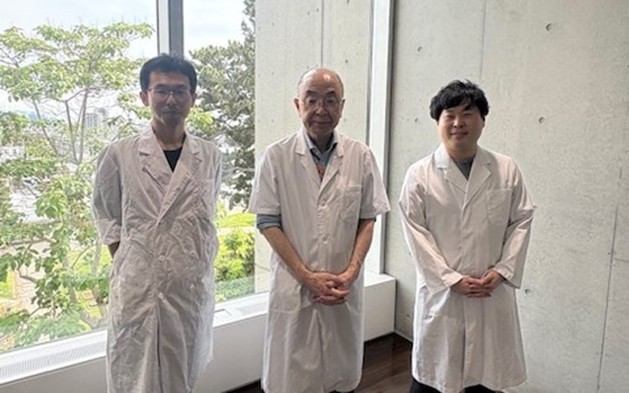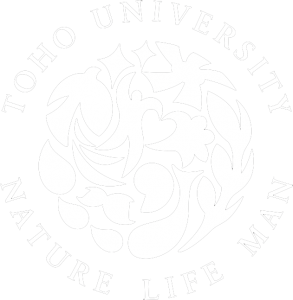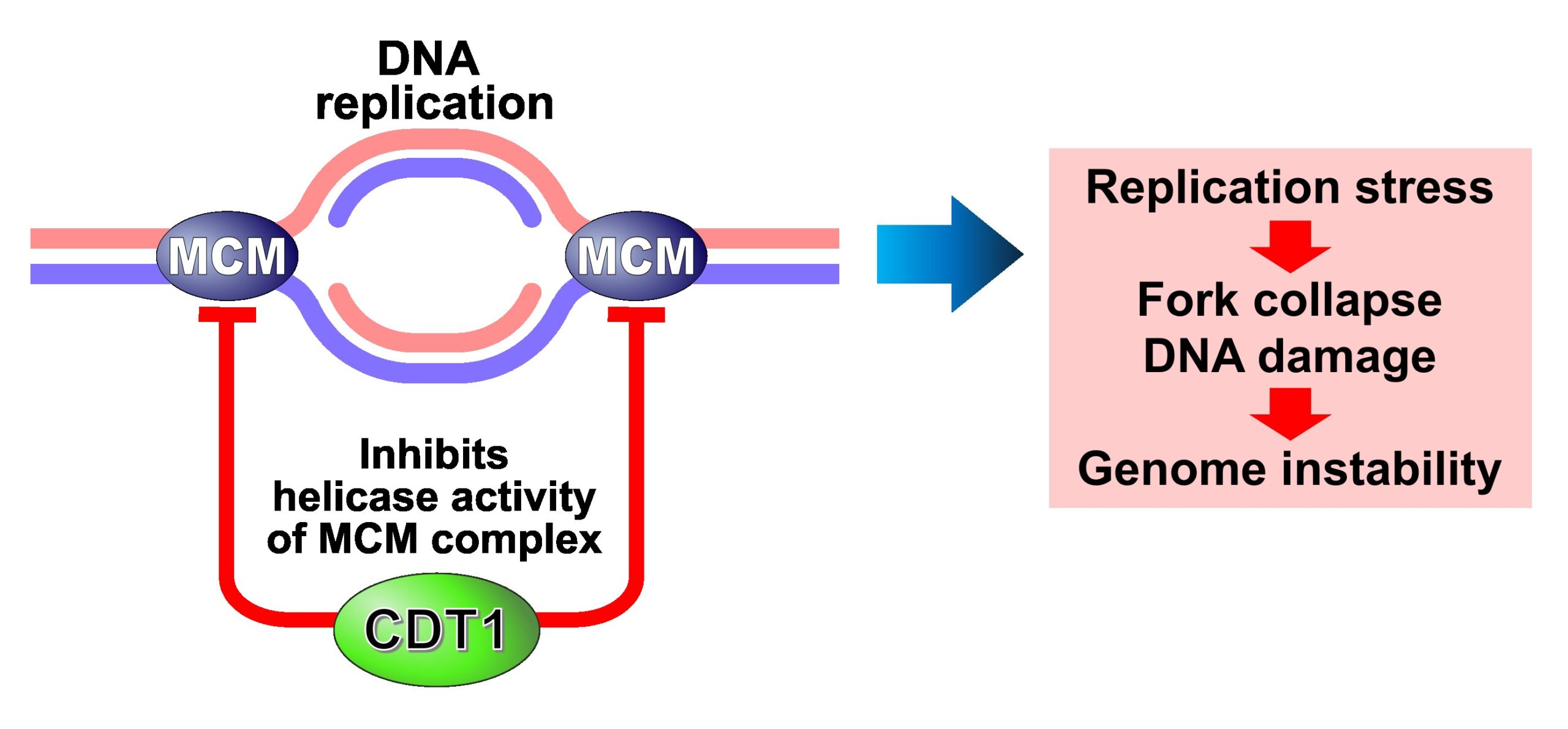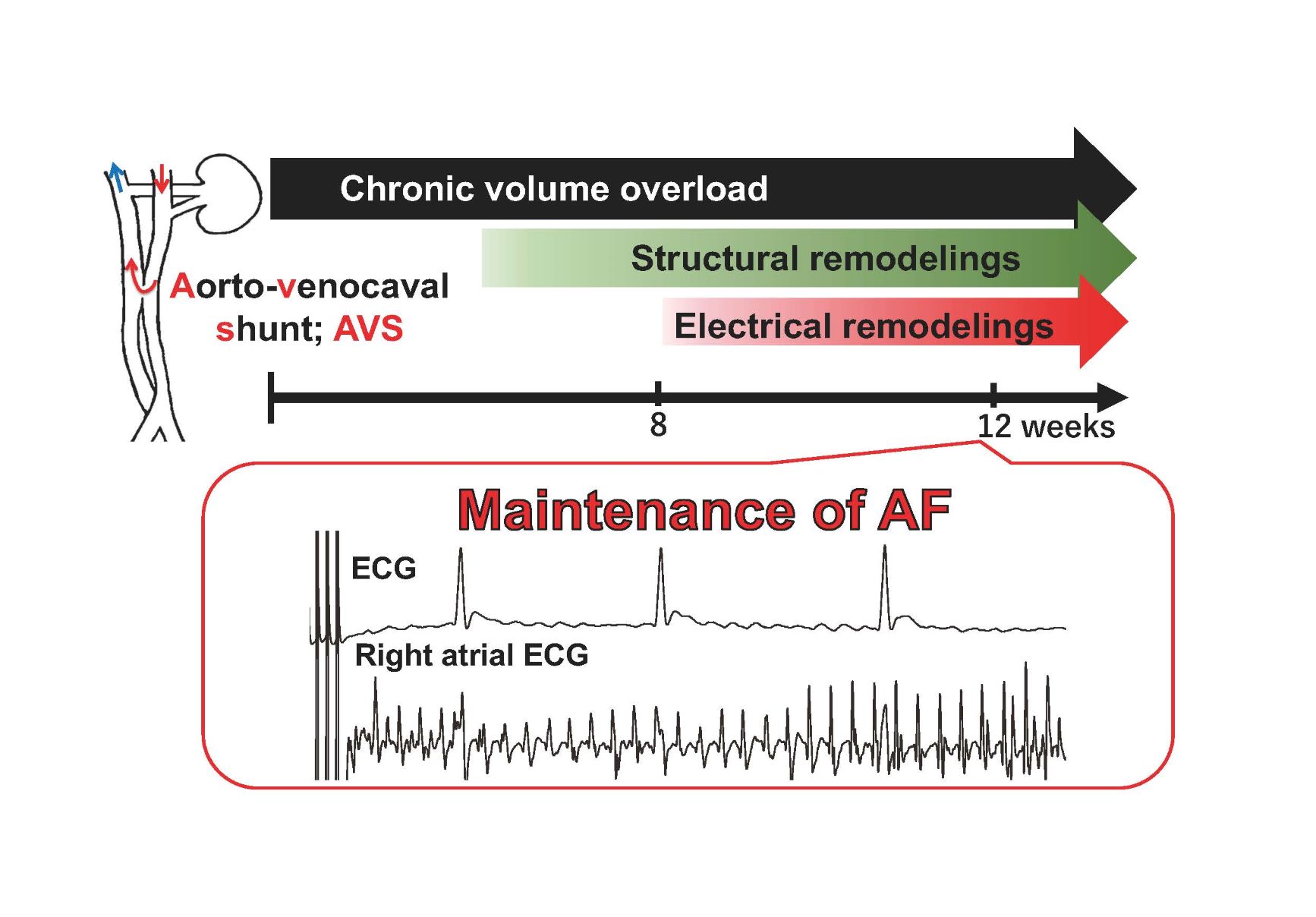June 6, 2025
Natural Compound from Traditional Chinese Medicine Shows Promise in Preventing Coronary Artery Spasms

From left: Dr. Kento Yoshioka, Dr. Yoshio Tanaka, Dr. Keisuke Obara
A team of researchers from Toho University has uncovered a potential new use for a naturally occurring compound, schisandrin A, found in the traditional Chinese medicinal plant Schisandra chinensis. The study, recently accepted for publication in the Journal of Pharmacological Sciences, demonstrates that schisandrin A can effectively relax pig coronary arteries, potentially paving the way for new treatments to prevent heart attacks caused by vascular spasms.
Understanding Coronary Spasms
Coronary artery spasms are sudden narrowings of the arteries that supply blood to the heart. These spasms can severely restrict blood flow and trigger angina or even heart attacks, particularly in people with no clear signs of artery blockage. They are often caused by chemical messengers such as acetylcholine, histamine, and serotonin.
Schisandrin A: A Natural Spasm Blocker
In laboratory tests using porcine (pig) coronary arteries, which closely resemble human arteries in function and structure, the researchers found that schisandrin A significantly reduced contractions triggered by a variety of known spasm-inducing agents. The compound worked by blocking specific calcium channels—known as L-type calcium channels—that control muscle contraction in the artery walls. In simpler terms, schisandrin A helps keep the arteries relaxed by preventing excessive calcium from entering the muscle cells.
Additionally, the compound showed mild anticholinergic properties—meaning it could also block signals from certain nerves that would otherwise cause the artery to tighten.
Relevance to Traditional Medicine
Schisandrin A is a key component of Shengmai San, a traditional Chinese herbal formula used for over 700 years to support heart health. While Shengmai San has been widely used in Asia to treat symptoms of heart disease, this study sheds new light on a possible mechanism: schisandrin A’s direct effect on artery contraction.
Moving Toward Clinical Application
Though the concentrations of schisandrin A used in this study were higher than what is typically seen in the bloodstream after oral consumption, injectable forms of Shengmai San may achieve similar levels. The researchers believe this opens the door for future studies on schisandrin A as a potential preventative agent for coronary artery spasms, especially in patients susceptible to chemically-induced vascular events.
“Our findings suggest that schisandrin A, a natural compound from traditional herbal medicine, could offer a novel approach to preventing coronary spasms,” said lead researcher Dr. Keisuke Obara. “This could ultimately contribute to reducing the risk of ischemic heart disease, still the leading cause of death globally.”
-1024x768.jpg)
A schematic summary of this study
Journal:
Journal of Pharmacological Sciences (June 1, 2025)
Title:
Inhibitory effects of schisandrin A on contractions induced by spasmogenic candidates in porcine coronary arteries
Authors:
Qianghaodi Hong, Naho Takazakura,Hideaki Ozawa,Sakika Ichihara, Kento Yoshioka, Keisuke Obara, Yoshio Tanaka
DOI: 10.1016/j.jphs.2025.05.016
Abstract URL: https://doi.org/10.1016/j.jphs.2025.05.016
READ MORE RESEARCH NEWS - PHARMACEUTICAL SCIENCES
Undergraduate Programs
– Medicine
– Pharmaceutical Sciences
– Science
– Nursing
– Health Science
Graduate Programs
–Medicine
–Pharmaceutical Sciences
–Science
–Nursing
RESEARCH
– News
– Guidelines & Policies
– Support Offices
– Facilities
– Security Export Control
Non-Degree Programs
– Clinical Elective Program
– International Physician Observership Program



.jpg)
